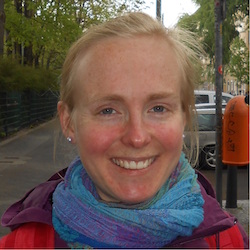
We’re very pleased to be introducing someone who needs no introduction in the R community.

We’re very pleased to be introducing someone who needs no introduction in the R community.
DBI What is DBI? DBI is an R package. It defines an interface to relational database management systems (R/DBMS) that other R packages build upon to interact with a specific relational database, such as SQLite or PostgreSQL.NoSQL NoSQL databases are a very broad class of database that can include document databases such as CouchDB and MongoDB, key-value stores such as Redis, and more.
The problem Text-mining - the art of answering questions by extracting patterns, data, etc. out of the published literature - is not easy. It’s made incredibly difficult because of publishers. It is a fact that the vast majority of publicly funded research across the globe is published in paywall journals.
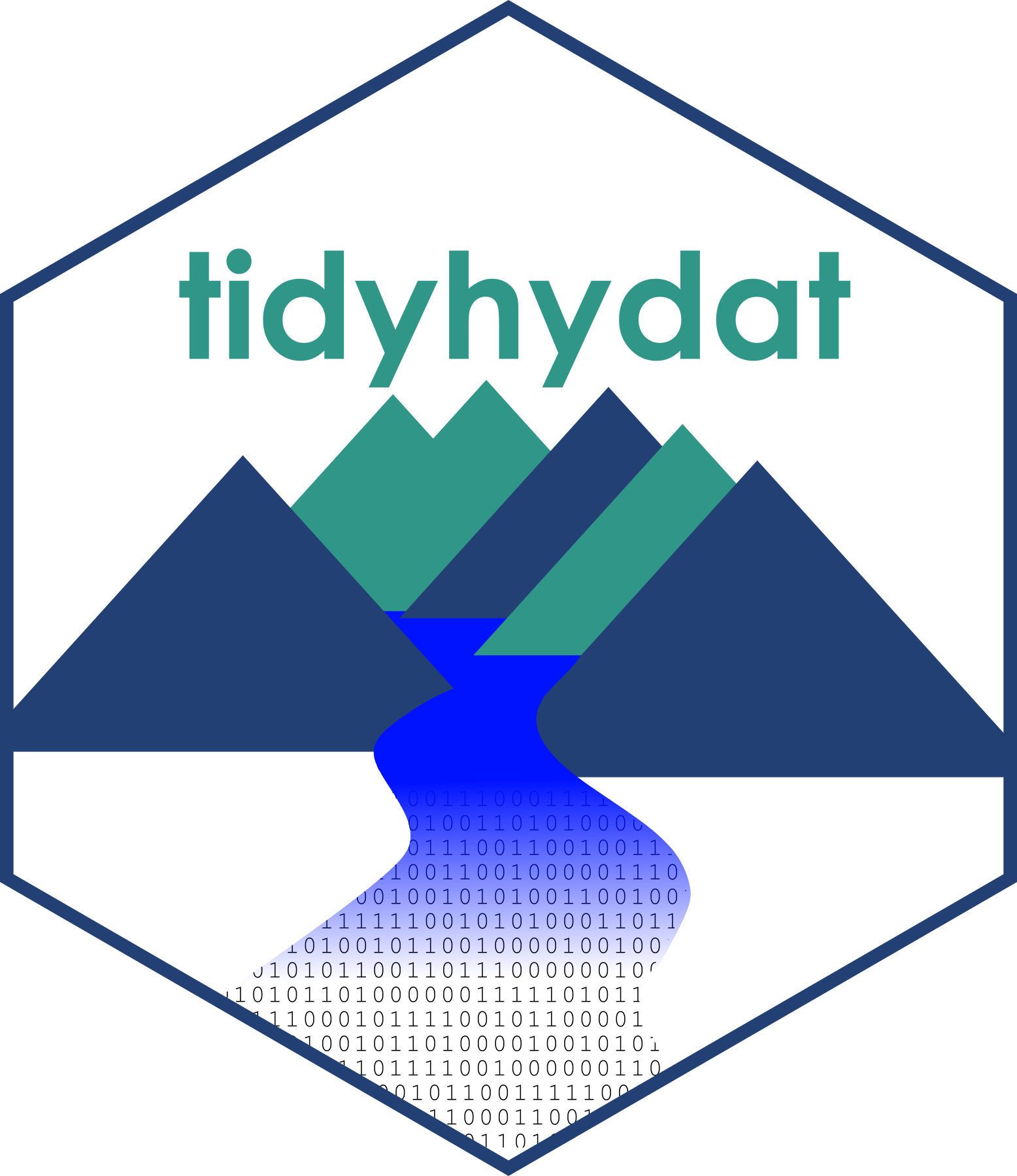
One of the best things about learning R is that no matter your skill level, there is always someone who can benefit from your experience. Topics in R ranging from complicated machine learning approaches to calculating a mean all find their relevant audiences. This is particularly true when writing R packages.

[This interview occurred at the 2017 rOpenSci unconference] KO: What is your name, job title, and how long have you been using R? KR: My name is Karthik Ram I’m a research scientist at the University of California, Berkeley. I’m an ecologist by training but have been working in the ‘data science’ space for 15 years. My real introduction to R was during my PhD when I was a teaching assistant for an engineering class on data analysis.
Join our Community Call on Tuesday, January 30th (January 31 for our Australian friends) Nick Golding, 2017 rOpenSci Fellow, will talk about two R packages he has developed recently. zoon aims to promote open and reproducible research in ecological modeling by helping researchers share their code in a modular way and produce reproducible research artifacts.

KO: What is your name, your title, and how many years have you worked in R? JB: I’m Jenny Bryan, I am a software engineer at RStudio (still getting used to that title)., And I am on leave from being an Associate Professor at the University of British Columbia. I’ve been working with R or it’s predecessors since 1996. I switched to R from S in the early 2000s.
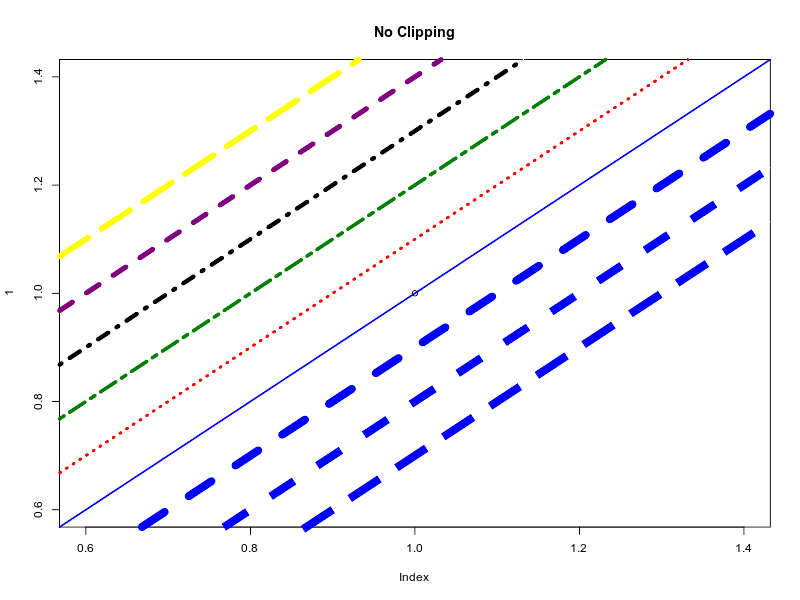
This week magick 1.6 appeared on CRAN. This release is a big all-round maintenance update with lots of tweaks and improvements across the package. The NEWS file gives an overview of changes in this version.
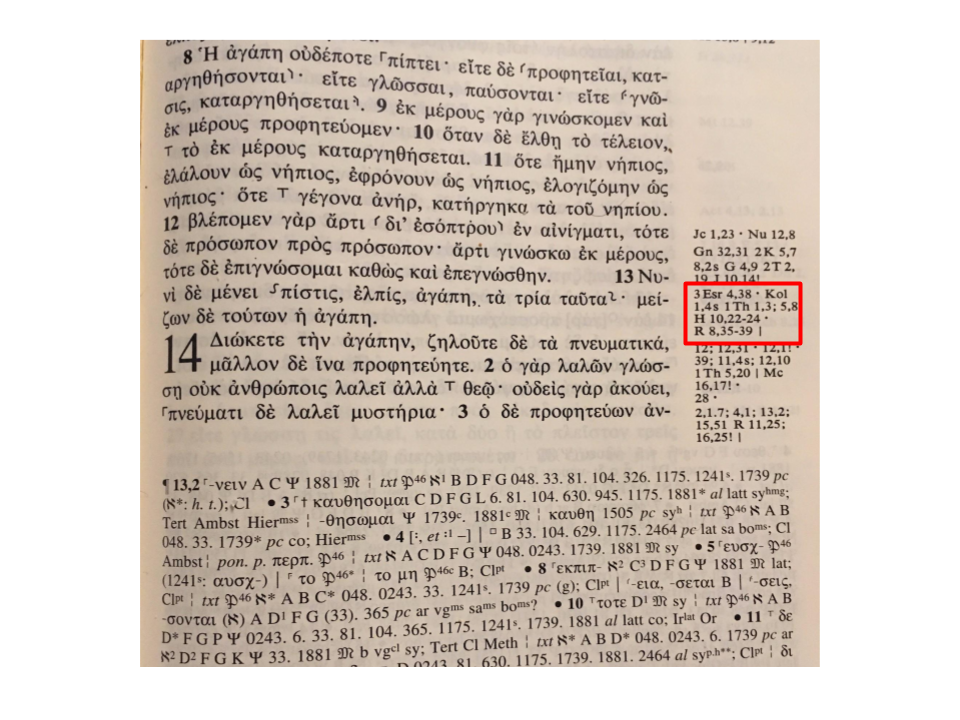
Introduction When I was in grad school at Emory, I had a favorite desk in the library. The desk wasn’t particularly cozy or private, but what it lacked in comfort it made up for in real estate. My books and I needed room to operate. Students of the ancient world require many tools, and when jumping between commentaries, lexicons, and interlinears, additional clutter is additional “friction”, i.e., lapses in thought due to frustration.
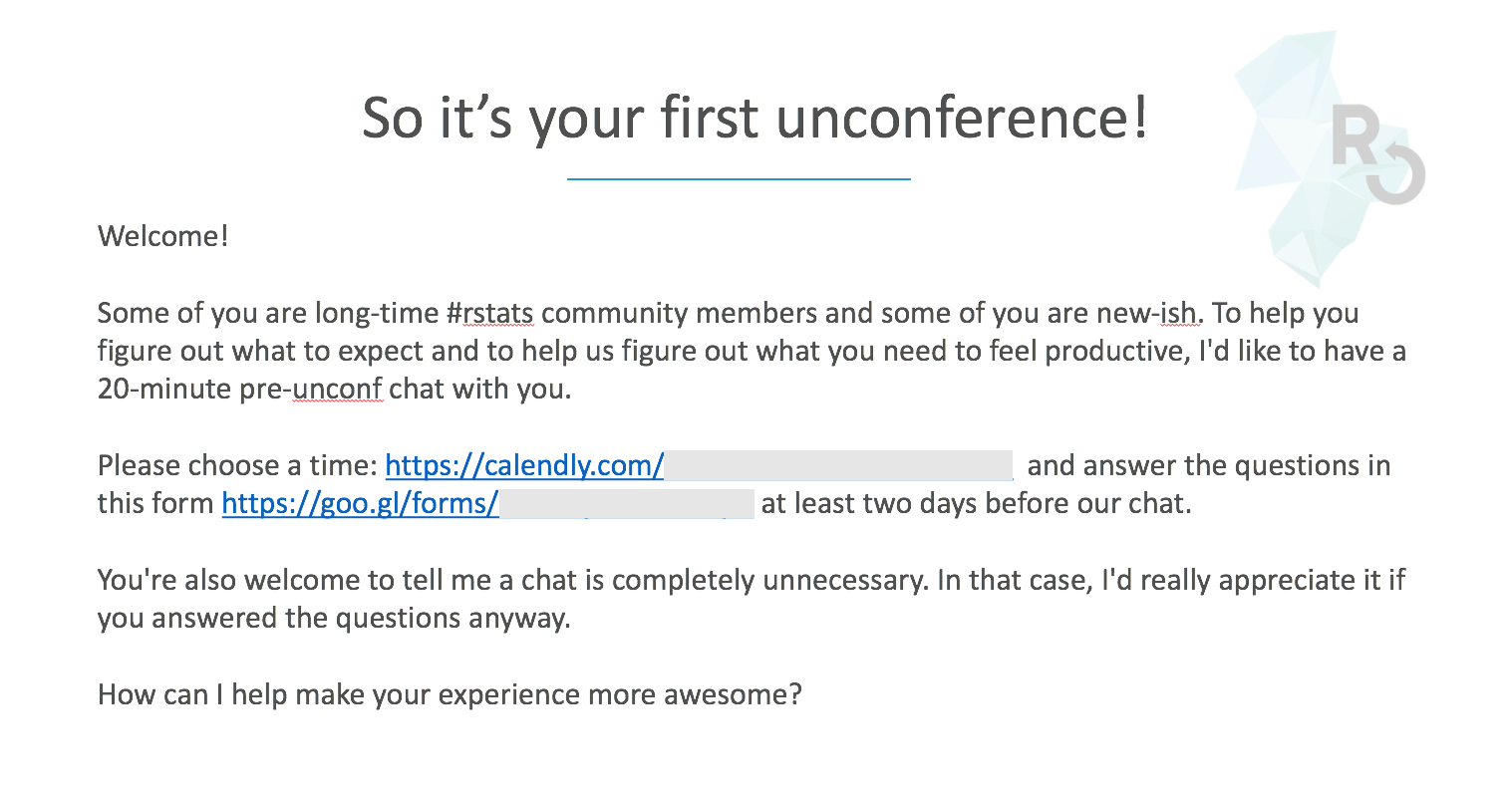
I’ve raved about the value of extending a personalized welcome to new community members and I recently shared six tips for running a successful hackathon-flavoured unconference. Building on these, I’d like to share the specific approach and (free!) tools I used to help prepare new rOpenSci community members to be productive at our unconference.